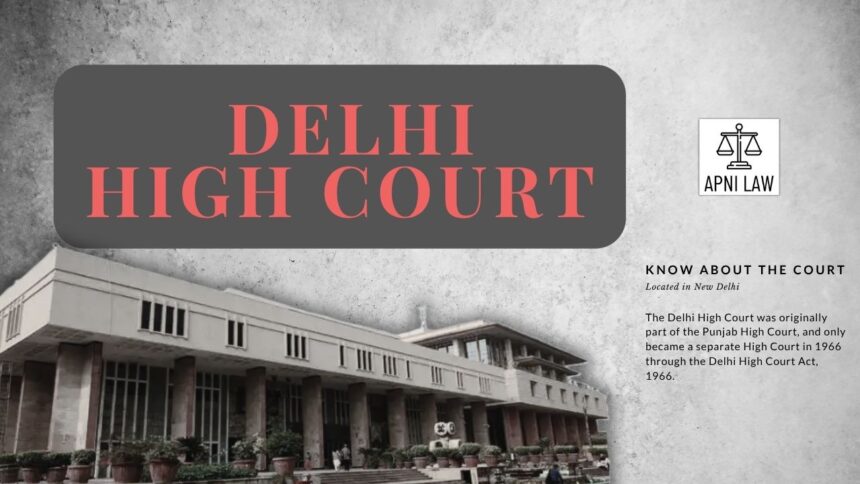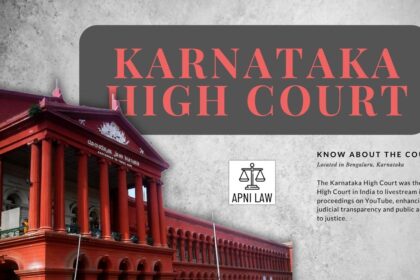Introduction
In G4S Limited & Another v. 4Group Safeguard & Security Services Pvt. Ltd., the Delhi High Court addressed whether using a company’s registered trademark as a trade name itself infringes that trademark. The Court held that such use indeed constitutes infringement under Section 29(5) of the Trade Marks Act. It granted an interim injunction in favor of G4S, restraining “4GS” from using the mark.
Judgment Name & Parties
The case is CS(COMM) 276/2024, titled G4S Limited & Another v. 4Group Safeguard & Security Services Private Limited & Others. Justice Tejas Karia delivered the judgment.
Facts of the Case
G4S, a global integrated security company, sued 4Group Safeguard & Security Services Pvt. Ltd. (which used “4GS”) for trademark infringement. G4S claimed that “4GS” was confusingly similar to its registered marks. 4GS argued that its use stemmed from the approval of their trade name by the Ministry of Corporate Affairs and the Registrar of Companies. They also claimed that “4GS” was only an abbreviation of their full trade name, not an independent trademark.
What the Court Says
The court rejected the defendant’s arguments. It said that even if a trade name enjoys registration under company law, using that name as a trademark can still infringe another’s registered trademark. Under Section 29(5) of the Trade Marks Act, the court held, “use of a registered Trade Mark as a Trade Name itself amounts to infringement.”
The court cited Laxmikant v. Chetanbhai Shah & Anr. (2002), where the Supreme Court had restrained defendants from using parts of a plaintiff’s trade name because it could cause confusion. The Delhi High Court found this principle applicable.
Here, the court identified a case of “triple identity”:
- The marks are identical,
- The category of service (security services) is the same,
- The trade channel and consumer base are the same.
Because of this identity, the court reasoned, an ordinary person with imperfect memory would likely confuse “4GS” with G4S. The court observed that the marks are so similar that a consumer might not distinguish them.
Given this likelihood of confusion, the court granted the interim injunction against 4GS. The court scheduled the main suit for hearing on December 10.
Implications
This decision clarifies that even corporate name registration cannot override trademark law. A party cannot shield itself by claiming that a mark is part of an approved trade name. Where the mark’s use in trade is identical or highly similar to a registered mark in the same field, the law protects the prior trademark.
Businesses must avoid adopting trade names or abbreviations that replicate others’ registered marks, especially within the same industry. This ruling reinforces that Section 29(5) operates to prevent confusion arising from trade names impersonating registered marks.
For any specific query call at +91 – 8569843472
Conclusion
The Delhi High Court affirmed that using another company’s registered trademark as a trade name amounts to infringement under the Trade Marks Act. The court refused to accept approval from company-law registers as a defense. In doing so, it reinforced the priority and protection of registered trademarks over confusingly similar trade names.








